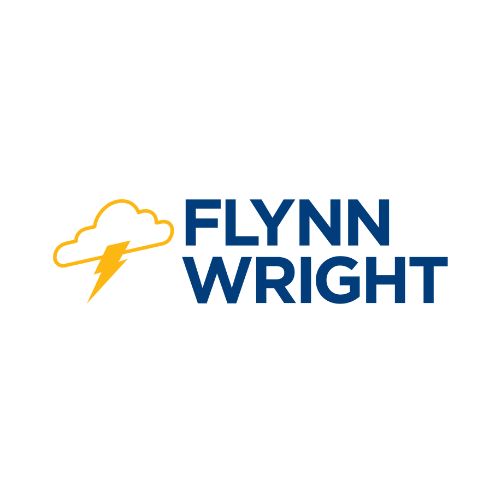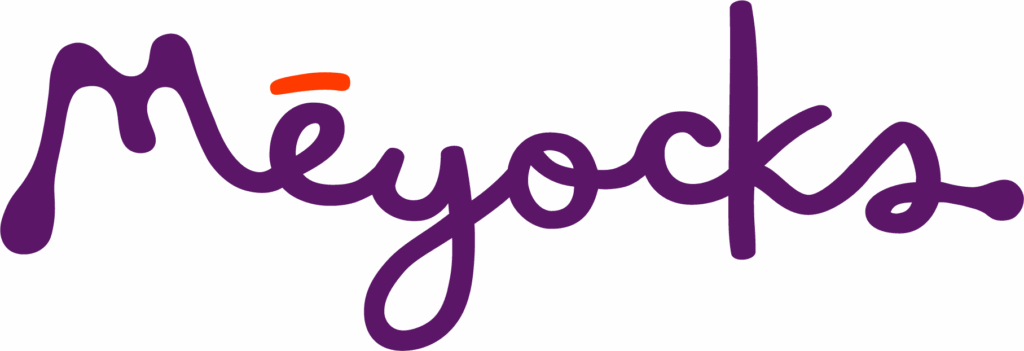McLellan: Marketing perfection doesn’t require technology

We have some fantastic tools at our fingertips today. We can geofence a building and send text messages and mobile ads just to the people who come and go from that building.
We can target our audiences using sophisticated algorithms that speak directly to adults 35-plus who have bought a used car in the last 45 days.
We can track website visits and, based on the pages each visitor clicks on and the duration of time they spend on each page, customize messaging to them as they navigate through social media and other websites.
We should be (and most of us are) pretty excited to use these new tools and technologies to better connect what we have to sell to the exact people who would find it most valuable. And yet we can all spend a vast amount of time and money on those technologies and have our efforts flop if our intentions aren’t sincere and the communication isn’t authentic.
On the flip side, I was the target of a very simple marketing tactic this last week, and it worked like a charm. Do not confuse technological or sophisticated with effective.
I received a handwritten notecard in the mail from Jeff, a commercial lender from MetaBank. He explained that he was a regular reader of my Business Record column and remembered that I was lamenting that Waukee didn’t have a movie theater in a column a few years back. He and MetaBank were instrumental in helping bring the Palms Theatres and Imax to Waukee, and he wanted to make sure I knew it was now open.
He included a gift card, inviting me to check it out, and if I liked it (which I have, and I did) to tell my friends, and if I had a bad experience, to let him know. No sales pitch. No request to bid on McLellan Marketing Group’s business. Just making a connection and sharing something he thought I’d want to know.
I want to dissect what Jeff did because it’s as elegant and compelling as any marketing campaign I have seen of late.
He made it personal: One of the downsides of marketing today is that we all feel bombarded and despite all of the personalization, we know it’s artificial-intelligence personal, not person-to-person personal. But Jeff’s handwritten note, referencing something I said more than a year ago, was very personal and got my attention.
He made it about me and what I wanted: Jeff didn’t tell me about his bank or the services they offer business owners. He didn’t pitch me anything. He stayed focused on the fact that I wanted a movie theater closer to my house. He was responding to a need that I had expressed over a year ago and wanted to make sure I knew about the Palms’ opening.
He didn’t pack too much information into the message: One of the most common and expensive mistakes we make is that we try to cram too much information into every communication. It’s as though we’re panicked that we may never have the chance to communicate again. We deluge the audience, and it’s overwhelming. Jeff’s note was concise, and it fit on the notecard he sent. I’m sure there was more he wanted to tell me, but he stuck to his main point.
Jeff’s effort was a textbook example of smart marketing. It was tailored to his audience, it was surprising and memorable, and it was all about me. Can you aim this tactic at your entire database? No. But could you identify the 25 or 50 prospects you’d most like to create a relationship with so you can earn their business before the end of 2019?
Absolutely. And no tech required.










